Open science is one way today to deliver science to societies around the world. And, it can include open education, open research, open source, and open culture.
At TU Delft, we are one of the many academic institutions joining a force of dedicated groups of people making significant contributions to finding responsible solutions to societal problems, at both a national and international level. The academic content created at universities is often paid for by the government, so it should be accessible for the whole society.
During this interesting time of transition from traditional (closed access) publishing to open access publishing, we appreciate the publisher’s craftsmanship and realize the publishing process needs to be paid for, but we think that (without paying more) the principle of open access publishing is so much better, based on our belief that knowledge should flow freely, because people are more successful if they use knowledge from others and share their own. Concentrating on open research and research data, TU Delft Library has (together with the two partners of the 3TU.Federation, TU Eindhoven, and TU Twente) started the 3TU.Datacentrum out of the need to make valuable data (re)usable, discoverable, and accessible for the long term. We want this data to be open if possible, and only closed if necessary.
Open access has the potential to provide all stakeholders with evidence of the high standards of quality and integrity which the scientific system has traditionally imposed on itself. Open access to research data must be encouraged to combat scientific misconduct and to foster the professionalization of researchers. Also, in this age of Big Data, the rich universe of research data could be accessible:
- to obtain new insight in research processes
- to stimulate creativity and the discovery of new fields of research
- to increase transparency of the practice of scientific research and its results in the form of publications and the underlying research data
- to enhance quality and excellence of research
- to enhance societal accountability
- to make innovation possible
3TU.Datacentrum has helped make the event logs more accessible and they have been succcessfully used for the "Business Process Intelligence Challenge," an international competition for process mining techniques. Surely because process mining is an emerging field, it is even more important that the datasets in the form of event logs are made available and by doing so process mining techniques can be tested.
The data sets have been assigned a digital identifier DOI, which makes the event logs easily found and citable by colleagues in the Netherlands or abroad. "The usefulness of depositing our event logs at 3TU.Datacentrum is evident. The many emails with requests for event logs can easily be answered by giving the DOI of the dataset," says professor Van der Aalst. "I think we stand on the threshold of a development where it is no longer acceptable to publish papers without making data sets available."
Check out the 3TU.Datacentrum data.
TU Delft Library Open Access Team: Alenka Prinçiç, Annemiek van der Kuil, Anke Versteeg, Just de Leeuwe, Michel Beerens and Wilma van Wezenbeek.
View the complete collection of stories for Open Science Week.

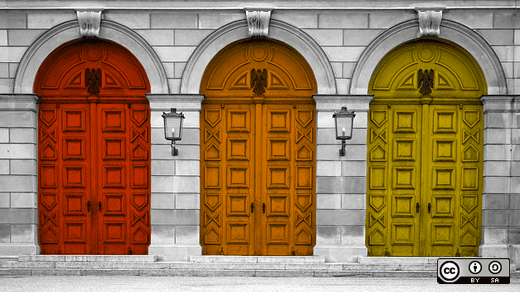
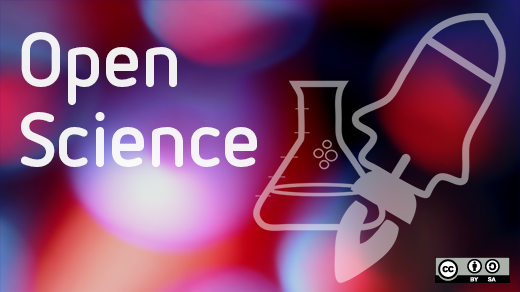

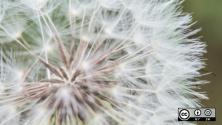
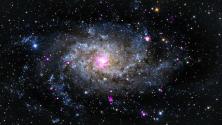
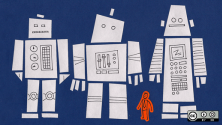

1 Comment